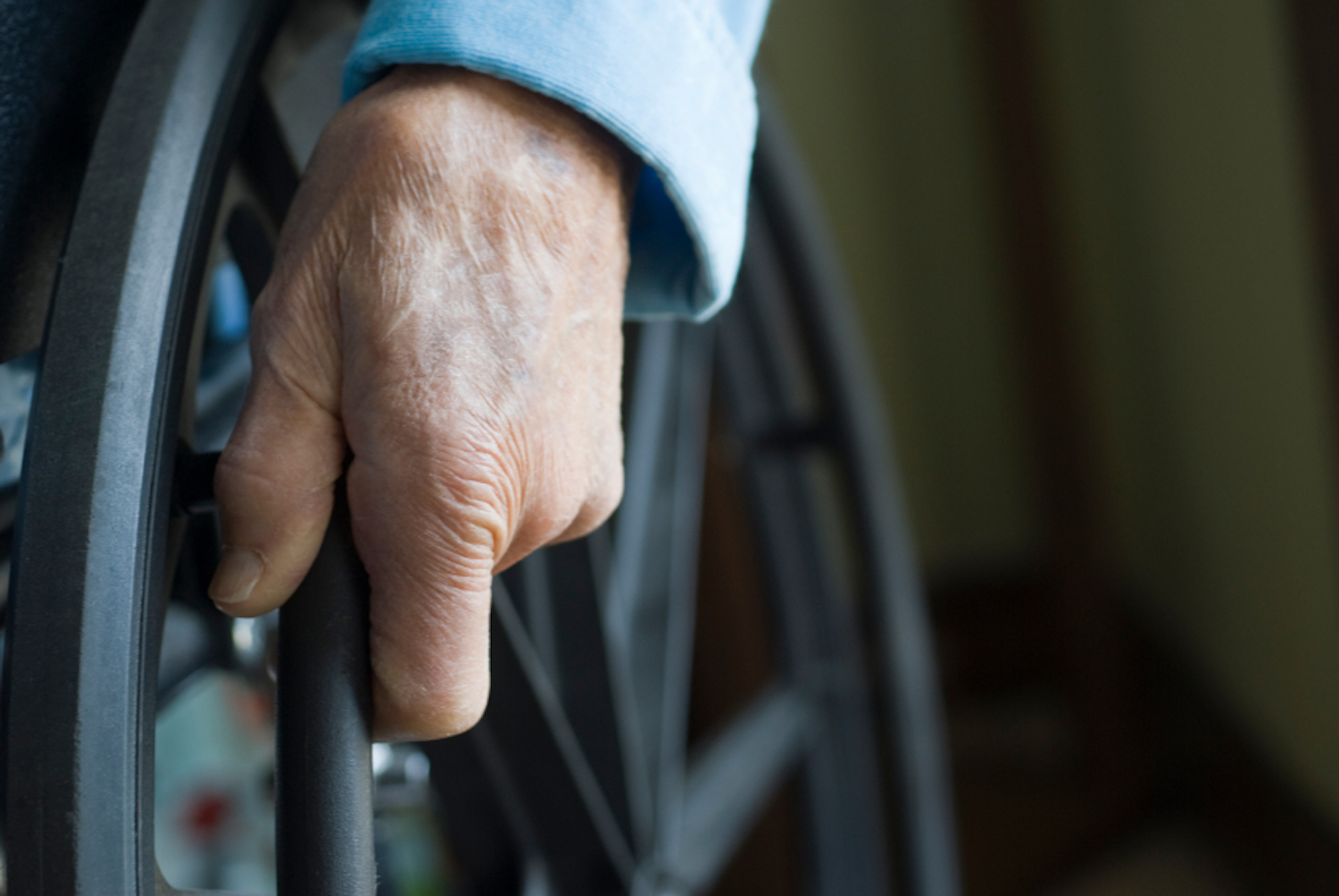Having a loved one in a nursing home or an assisted living facility is incredibly stressful. Beyond the emotional toll, navigating the financial and legal landscape around such care can feel daunting. In this situation, you might wonder, “Is it too late for an elder law attorney to help?” The answer is a resounding no.
In this blog post, we’ll look at eight pivotal ways an elder law attorney can provide invaluable assistance even after your loved one has moved into a care facility.
8 Ways an Elder Law Attorney Can Help When Your Loved One is in a Nursing Home
Here are eight ways we can help if your loved one is already receiving care in a nursing home or assisted living facility:
1. Maximize Monthly Benefits
Many families aren’t aware that being eligible for VA or Medicaid benefits can greatly alleviate financial burdens. Our elder law attorneys and elder care advisors have the experience to identify opportunities for benefits so you don’t miss out due to a lack of planning or knowledge.
2. Save Money to Improve Quality of Life
Without planning, many families spend down all their assets. That means their loved ones have very little money to spend under the Medicaid rules. With strategic planning, funds can be preserved for later use. That way, your senior loved one can buy “extras” without the family paying out of their own pocket.
3. Get Benefits Quicker
Good planning with an elder law attorney can help secure financial support faster and more efficiently than attempting to navigate the complex VA or Medicaid systems on your own.
4. Avoid Real Estate Liens
Without proper planning, the benefits your loved one receives now could later be recouped through liens on family property. That real estate could be family farmland or the family home. With good planning, we can avoid those liens and protect the land — ensuring your family’s legacy remains intact.
5. Protect the Healthy Spouse from Poverty
When one spouse goes into a nursing home, and the other spouse is still living at home, important legal planning steps can be taken to help the healthy spouse keep enough funds to live on in the future. With good planning, the healthy spouse will have more assets and income available for future needs.
6. Protect Loved Ones with Diminished Capacity
Elder law attorneys can help establish guardianships for family members who no longer have the capacity to make their own personal and financial decisions, whether that’s because of dementia, Parkinson’s, a stroke, etc. Unfortunately, many people enter nursing homes unexpectedly due to diminished capacity and don’t have the necessary powers of attorney already established, leading to the need for complicated guardianship proceedings.
7. Ensure Legacy and Wishes Are Honored
Most people hope to leave something to their family at death and not have it all go to nursing home costs. Our planning goes beyond immediate needs, aiming to fulfill your loved one’s wishes to leave a legacy for their family. With good planning, we can preserve those wishes, protect some funds for the family, and still get the care needed.
8. Updating Estate Plans
Circumstances change, especially when one spouse enters a nursing facility. Reviewing and adjusting wills, trusts, and powers of attorney are crucial to protecting assets and ensuring your estate plan reflects your current wishes and needs.
Continue Learning How We Can Help…
Facing the reality of a nursing facility for a loved one is never easy, but you’re not alone. Edwards Group is here to navigate this journey with you, offering solutions that provide financial relief and peace of mind. If you find yourself needing guidance or simply have questions, don’t hesitate to reach out to us at 217-906-3766. Together, we can explore options and strategies tailored to your family’s needs.
Continue learning more by reading about our Elder Care Advisors here, or check out our article 7 Things To Do BEFORE Your Parent Goes to a Nursing Home.

